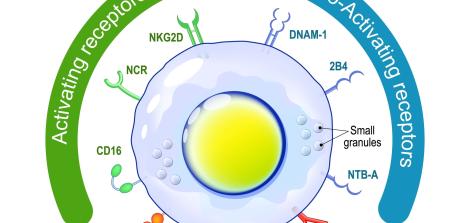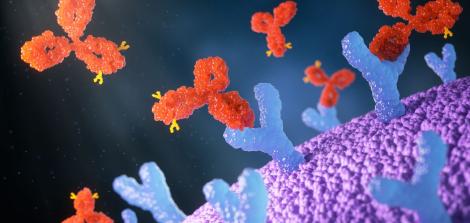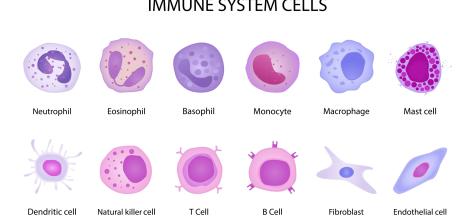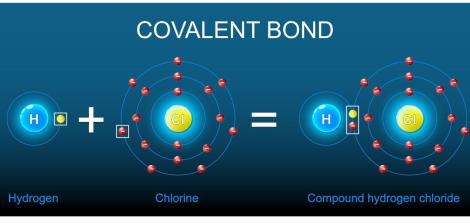Post-Trauma
![A person standing at a beach next to a big wave [representing post-trauma]](/sites/dangoor-medicine/files/styles/image700x395/public/articles/%D7%A4%D7%95%D7%A1%D7%98-%D7%98%D7%A8%D7%90%D7%95%D7%9E%D7%94.jpg?itok=ab_-mMuV)
Post-trauma, more formally called post-traumatic stress disorder (PTSD), is a mental health condition that develops after a person experiences a traumatic event involving a real threat to life—either their own or that of others around them. Such events can include a car accident, sexual assault, war, a terror attack, a robbery, a natural disaster, and more. Recent estimates suggest that about 10% of Israelis live with post-trauma, and not only due to military experiences.
The condition often shows up through feelings of disconnection, avoidance, hyperarousal, and intrusive flashbacks. Over time, it can lead to depression, sleep problems, addictions (not just to drugs, but also to shopping, gambling, pornography, and other behaviors), domestic violence, sudden outbursts, and more.
Professor Rachel Dekel, from Bar-Ilan University’s School of Social Work, explained in an interview for the Dangoor Center: “There are different types of post-trauma. In one article I read, they listed over 60,000 possible patterns. That means this isn’t a single, uniform condition. Some people become more outward, angry, and impatient; others retreat inward, becoming withdrawn and highly avoidant; and some fluctuate between both extremes.”
Last Updated Date : 05/11/2025








